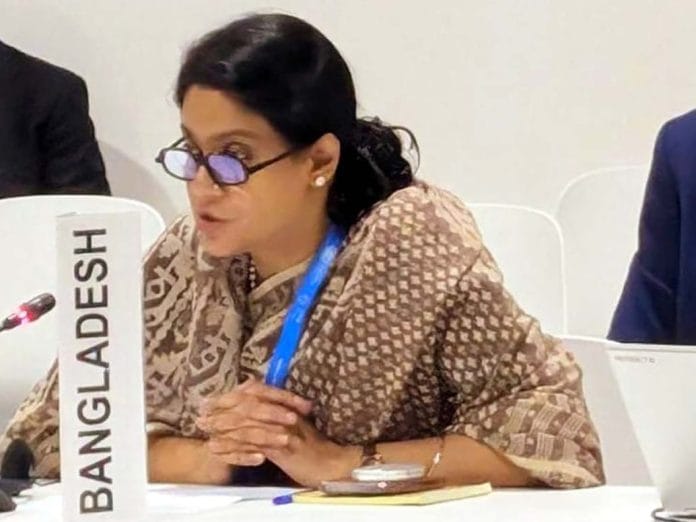Bangladesh has categorically rejected the latest Chair’s Draft of the proposed Global Plastics Treaty, saying it falls far short of the United Nations Environment Assembly (UNEA) mandate to create a legally binding instrument to end plastic pollution, says a press release.
The stance was announced at the second part of the fifth session of the Intergovernmental Negotiating Committee on Plastic Pollution (INC-5.2), held on 13 August 2025 at the Palais des Nations in Geneva.
According to the Ministry of Environment, Forest and Climate Change, the draft is “weak and inadequate,” omitting supply-side measures and failing to address the full life cycle of plastics. The ministry said it ignores health impacts, harmful chemicals, the waste hierarchy, and robust obligations to curb transboundary plastic pollution.
The draft also lacks reliable implementation mechanisms, instead opting for what the ministry described as a “convoluted and voluntary approach” that undermines urgent action. Bangladesh stressed that the treaty must address harmful chemicals, emissions, and primary plastic production to protect both human health and the environment.
“This text reduces the treaty to a waste management framework, shirking responsibility for plastic producers and omitting binding measures to phase out the most harmful plastic products,” the ministry said, reaffirming that it will not support the draft without substantial amendments.
Earlier the same day, Syeda Rizwana Hasan, Adviser to the Environment and Water Resources Ministries, urged stronger global partnerships and targeted resources to combat plastic pollution. Speaking at an Informal Ministerial Roundtable during INC-5.2, she called for a global framework to address transboundary pollution, promote circular economy models, foster sustainable product design, and ensure a just transition for waste workers.
She emphasised that the fight against plastic pollution requires ambitious, cooperative action and institutionalised global cooperation to phase out harmful plastics.

